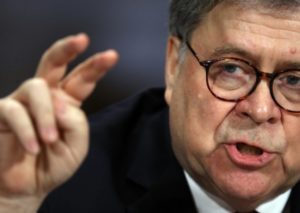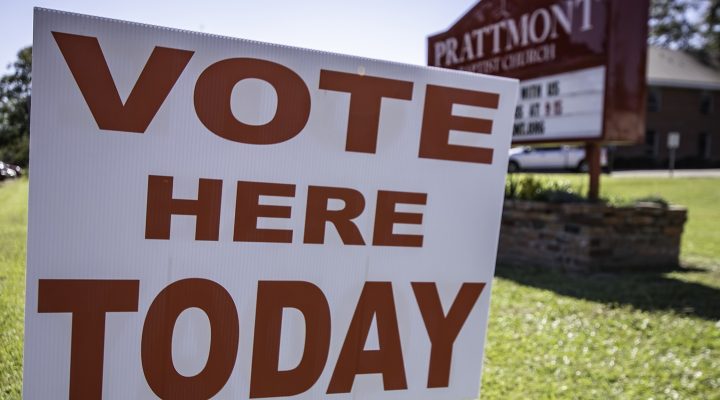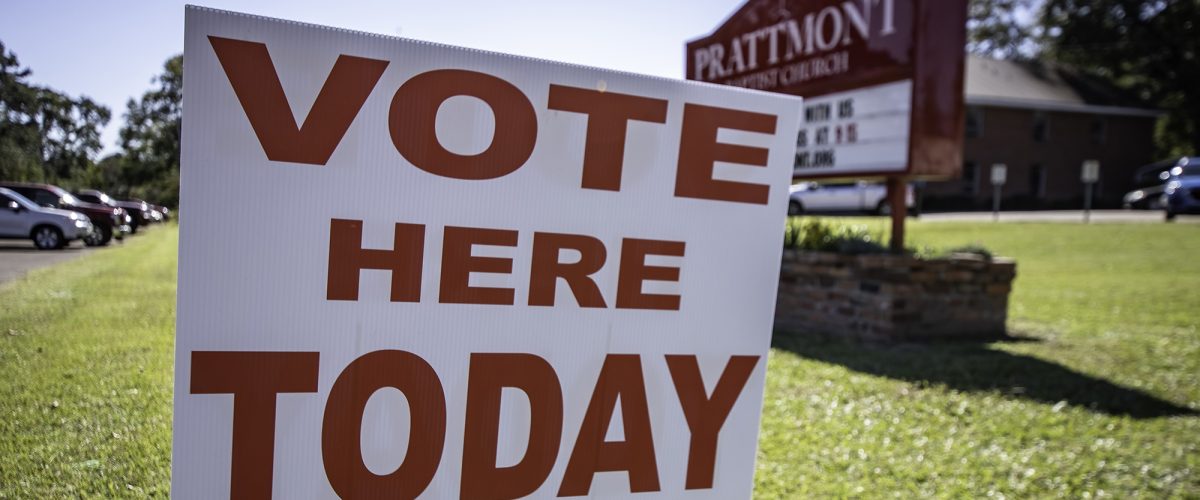On Thursday, Feb. 8, the U.S. Supreme Court will hear arguments on a simple question with profound historical consequences: “Did the Colorado Supreme Court err in ordering President Trump excluded from the 2024 presidential primary ballot?”
Colorado’s justices ruled in December that Trump is ineligible to appear on the state’s 2024 ballot because of his role in the events leading up to the January 6, 2021, attack on the U.S. Capitol.
Trump asked the court to overturn Colorado’s ruling and it agreed to hear the case. Colorado requested a decision by Feb. 11 so the state would have time to prepare its ballots for the November election.
More than half the 50 states have seen litigation on the issue of Trump’s eligibility, and many are eagerly awaiting the decision, which will have a significant impact on the 2024 election and beyond.

Source: Lawfare Media
The case is complex but there are three main issues:
- Did Trump engage in behavior that qualifies as inciting insurrection?
- Does the 14th Amendment’s insurrection clause cover presidents?
- Can states disqualify candidates based on the 14th Amendment, or must Congress enact legislation to disqualify a specific candidate?
One way to see how the case is shaping up is by reading amicus or friend of the court briefs, legal documents any U.S. citizen can submit.
As of Jan. 31, more than 80 people and groups had done so, including a man convicted of illegally entering the Capitol on Jan. 6, a woman who promotes QAnon conspiracies and claims she time-travels, and a conservative Christian political group.
Here’s a look at some of the arguments people are making.
Trump has the support of some former administration officials, GOP officials in red states, nearly 180 members of Congress, think tanks, and former presidential candidate and current Trump supporter Vivek Ramaswamy.
“The conclusion is inescapable,” according to Ramaswamy’s brief. “President Trump’s political opponents have sought to disqualify him from the ballot in multiple states because they fear they cannot beat him in a free and fair election. Needless to say, the distress of competing against a formidable opponent cannot justify disqualification under Section 3 of the 14th Amendment.”

William Barr
William Barr, who served as attorney general under Trump, joins with two other former attorneys general and the activist group Citizens United to argue against Colorado.
“The decision under review is based on a misinterpretation of Section 3 of the 14th Amendment and would create a precedent with ruinous consequences for our democratic republic,” according to their brief.
The Christian Family Coalition of Florida is a nonprofit that claims to represent “500,000 fair-minded voters,” but the group’s Facebook page has only 27,000 followers. The group previously asked the Supreme Court to overturn 2020 election results. It now warns the court of “the dubiousness of characterizing as an ‘insurrection’ the unruly break-in at the Capitol which lasted 2-3 hours.
“The potential for a single state judge to preclude nationwide popular voting for a presidential candidate is simply mind-boggling and inherently inconsistent with our democratic values,” says the brief.
But a group of Capitol police officers who say they were “violently assaulted, spat on, tear-gassed, bear-sprayed, subjected to racial slurs and epithets, and put in fear for their lives” as they defended the Capitol on January 6 say an insurrection was what they experienced and that Trump, who encouraged a crowd to march on the Capitol, should not be protected by the First Amendment.
The Claremont Institute Senior Fellow John Eastman helped Trump plot to overturn the election using fake state electors. The Institute argues in its brief: “A former president is not among those whom Section 3 of the Fourteenth Amendment subjects to sanctions.”
Different groups of scholars of history and constitutional law have filed briefs. One brief from historians says the authors of the U.S. Constitution “crafted Section 3 to cover the president and to create an enduring check on insurrection, requiring no additional action from Congress.”
An interesting brief from 11 past and present secretaries of state seems to plead with the court to come up with a solution that doesn’t force state officials to make decisions that affect the outcome of national elections.
“Secretaries of state serve an important role in our republic, carrying out free and fair elections in the states. In doing so, they sometimes exercise important ministerial functions, such as evaluating a candidate’s age and residency to ensure compliance with constitutional requirements,” it says. “But, until now, secretaries of state have not exercised substantive authority to exclude a candidate from a ballot on the basis of the 14th Amendment’s insurrection clause. Whatever the court decides in this case about the scope of that clause and the procedures for applying it, the court should not give to secretaries of state an inherent power to disqualify candidates for office. This is not a power these state officeholders want, and it is not one the Constitution gives them.”
But a brief from a group of retired state Supreme Court justices argues the Court should uphold states’ rights to determine ballot eligibility. The justices “seek to ensure that state courts retain their ability to enforce the 14th Amendment without special permission from Congress, that states may adjudicate candidate eligibility challenges; and that state court judges and staff are protected from threats and political violence.”
Josh Autry is one of many individual Americans to file briefs with the court.
“Amicus (Autry) is a voting citizen who has interests in the peaceful transfer of power, preventing insurrections and rebellions, and in preventing insurrectionists and rebels from serving as president of the United States,” he writes.
This court should affirm the determination that Trump engaged in an ‘insurrection,’” he says, arguing, “President Trump’s attempted coup détat involving the use of fake electors to usurp power is a ‘rebellion.’”


